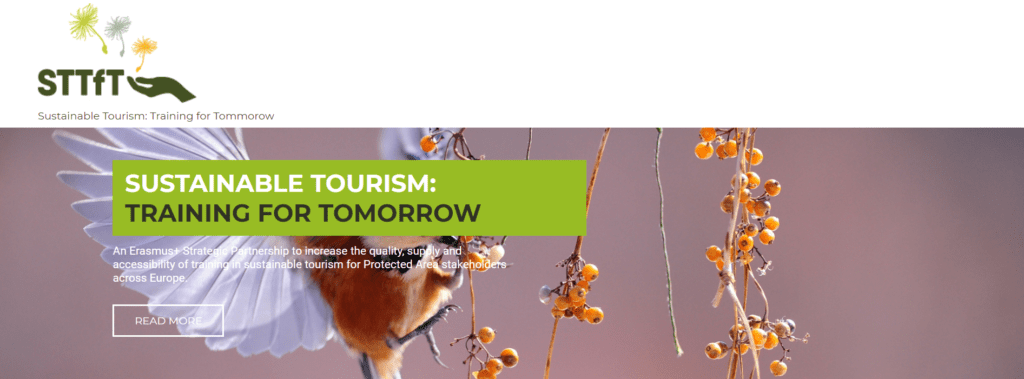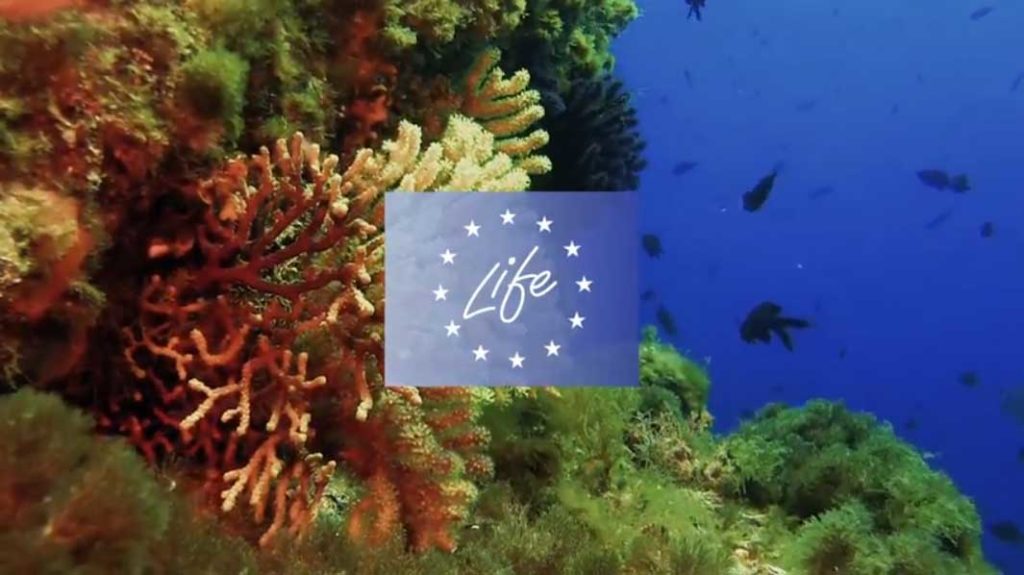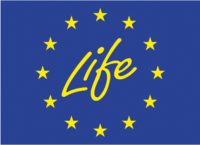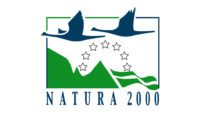Costwolds AONB, photo by the Countryside Agency ©Nick Turner
The Future Landscapes project
Areas of Outstanding Natural Beauty (AONBs) in the United Kingdom are coming together under the Future Landscapes project
AONBs are designated landscapes safeguarded in the national interest for their distinctive character and natural beauty. They cover about 18% of the English and Welsh countryside.
The Future Landscapes project is delivered by the UK charity the National Association for AONBs (NAAONB) and was made possible by the support of the National Lottery Heritage Fund in the form of a £164,300 grant. It explores how the AONB Network and its national charity can become more resilient and better prepared to address strategic challenges. This initiative is part of a wider ambition to develop organisational and professional capacity to respond to changing political, policy and fiscal challenges.
The Future Landscapes consists of three key elements:
- A crucial review of the sustainability and governance of the NAAONB charity, investigating the remit, structure, resourcing and accountability of the organisation. (Autumn 2018 to Summer 2019)
- A professional and personal development programme, Taking the Lead, delivered to a cohort of 40 AONB staff to help develop greater collaborative working across the AONB Network. Participants from the programme, coming from 30 AONBs in England and Wales, are receiving psychometric profiling and coaching. Topic Working Groups have just been established to develop interconnected local teams addressing complex problems facing the AONBs. (Autumn 2018 to Autumn 2019)
- An Overall Evaluation of the project, assessing what resilience means for us, and whether objectives of greater resilience and collaboration are being achieved. (January 2019 to December 2019)
You can find out more about the project on the dedicated Future Landscapes webpage or get in touch with Marie, Future Landscapes Project Assistant, at marie.micol @ landscapesforlife.org.uk.
ERASMUS Sustainable Tourism – Training for Tomorrow
EUROPARC is a partner in the project “Sustainable Tourism: Training for Tomorrow”. The project runs for a period of 30 months and will conclude in February 2021. Funded through the ERASMUS+ Key Action 2 (Cooperation for innovation and the exchange of good practices and Strategic partnerships in the field of education and training), the project brings together partners working across different fields in the sustainable tourism sector:
- 2 universities: The Hasselt University (BE), who is also the project leader, and the University of Hull (UK)
- The network of European Protected Areas: EUROPARC Federation (DE)
- The network of ecotourism professionals in Spain: Asociacion de Ecoturismo en Espana (ES)
- 2 park authorities: Ente Parchi Emilia Occidentale (IT) and Montagne de Reims Nature Regional Park (FR)
Federparchi – EUROPARC Italy and the French Federation of Regional Nature Parks are also engaged in the project as associated project partners. Given the focus on capacity building, EUROPARC will explore possible links between this project and LIFEe-Natura2000.edu. There are potential synergies that could be achieved, especially in relation to capacity building training techniques and training needs analysis.
LIFE INTEMARES IP
Capacity Building in Marine Natura 2000 site management, Spain
Efficient management of the Marine Natura 2000 Network requires a capacity building strategy focused on managers and other marine site stakeholders. The project LIFE IP INTEMARES, coordinated by the Spanish Ministry for Ecological Transition through the Biodiversity Foundation, has drafted a training and capacity building strategy for managers of marine protected areas, as well as other users and groups of interest at national level. The training strategy includes actions that will make it easier for managers to transmit the benefits and social and economic opportunities of the Natura 2000 Network: in addition, it will promote innovative awareness programmes, launch training cycles on marine protected areas, and increase access to knowledge regarding diverse sources of financing and scientific information.
The strategy has been developed through a participatory process. During an online consultation, more than 1,500 people / entities identified 337 barriers and 246 training needs. More than 100 people joined us in 9 participatory workshops, covering all marine demarcations, and 50 people optimized progress during the 2nd Social Participation Committee. Based on this, experts validated and prioritized 21 training programmes divided into 6 categories, and 7 of these programmes have been included in the call for the European Social Fund in 2019. During the month of February 2019 the strategy will be posted on the project website to receive input from the general public.





